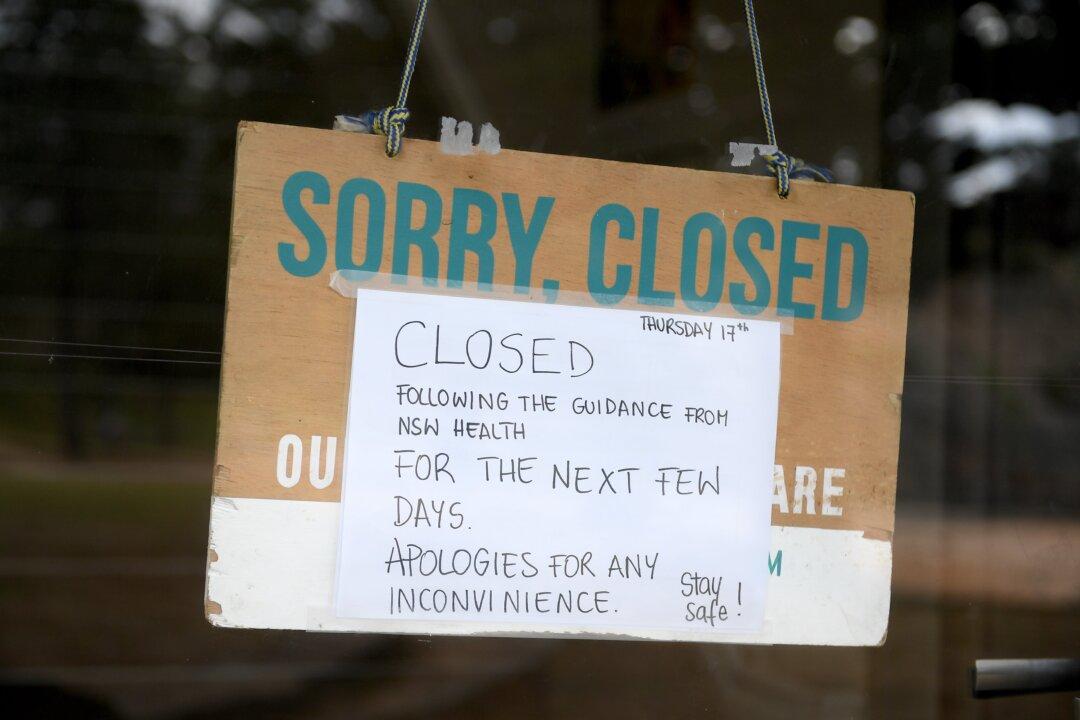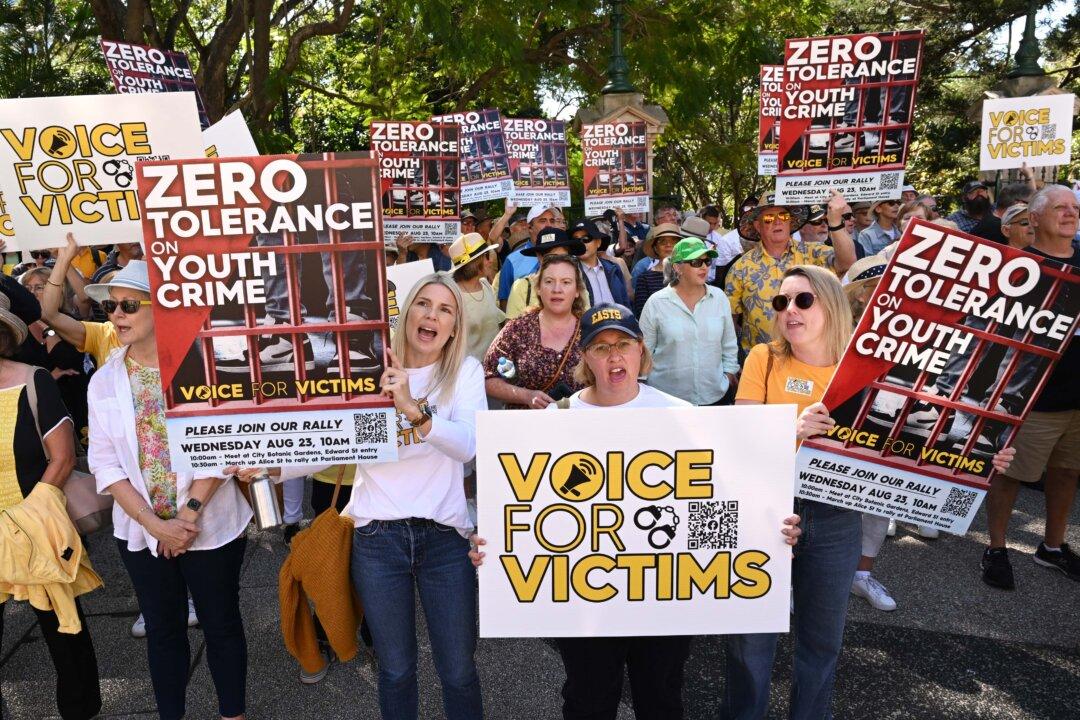A Senate committee discussing terms of reference for a potential royal commission into Australia’s COVID-19 response has been told it was the “worst ever public health failing.”
Labor promised a royal commission during the 2022 election campaign, but reneged on that commitment in September 2023, instead announcing a special commission of inquiry.





